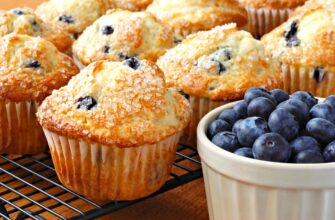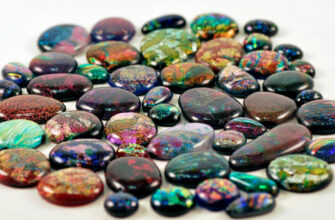Vegetables

Yes, you must consume your vegetables. Although everyone should do this, eating veggies might be especially beneficial if you suffer from sadness. One explanation is that those who suffer from depression were found to consume less folate in their diets than those who did not.
Vegetables, especially the darker leafy greens, are a fantastic option when searching for meals to help enhance and regulate mood since they include folate, fiber, and other minerals. Additionally excellent sources of alpha-linolenic acid include leafy green vegetables (ALA). One of the three major forms of omega-3 fatty acids, along with DHA and EPA, is ALA.
The most effective veggies for boosting your omega-3 levels are often Brussels sprouts, spinach, kale, and watercress.
Whole Foods
Giving your body as much latitude as possible to digest food in its most natural state is often preferable.
Many processed foods and other goods you would buy at a convenience store are loaded with preservatives, which have little to no nutritional benefit. Your body is attempting to process this meal, which may result in significant interruptions or deprive your body (and mind) of the nutrients and energy needed for peak performance.
Foods that have undergone extensive processing are detrimental to both physical and mental health. Although they are high in calories and fat, they are not very nutrient-rich. A large portion of them are simple carbohydrates, which break down into sugars that negatively impact insulin and blood sugar levels. Extreme fatigue and a depressed mood are caused by blood sugar peaks and dips. Whole foods digest more slowly and are higher in nutrients than processed foods.
Foods That Worsen Depression
Knowing what not to eat might be just as crucial if you’re dealing with depression. Unfortunately, a lot of these items are frequently reached for by people who are having a difficult day. Of course, most items are safe if consumed in moderation, but knowing how particular meals might affect your mental health can help you choose healthier foods.
Simple Carbohydrates and Sugar. So many foods contain sugar that it is unnecessary to mention it again. Sugars that have been processed and refined have a detrimental effect on mood.
Starches and Processed Grains. Grain and starch refinements are not found in nature. They lead to extreme blood sugar changes, which result in exhaustion, a bad mood, and mood swings throughout the day.
Fried foods. Grease and salt are abundant in fried dishes. They are frequently breaded, which increases your intake of fat and refined carbohydrates.
Alcohol. It’s wise to keep alcohol consumption to a minimum at all times, but it’s especially important if you struggle with depression or anxiety. Alcohol slows down numerous crucial brain processes, such as the brain’s capacity to eliminate toxins from its tissues, by acting as a depressant in the central nervous system. Alcohol contains a lot of sugar, which, as we mentioned previously, causes blood sugar levels to fluctuate excessively. A gloomy or anxious mood is associated with significant variations in insulin and blood sugar.
Everyday Tips to Manage Depression
- Breakfast should include whole grain cereal with milk and fruit, multigrain toast with a poached egg, or fruit and yoghurt to start the day. Drink no more than 150 ml of freshly squeezed fruit juice or smoothie.
- At lunch and supper, include some starchy foods (such boiled potatoes, rice, pasta, and granary or multigrain breads). If you don’t have much time, go for a sandwich, a jacket potato with salad and low-fat cheese, salmon, or even a bowl of cereal and fruit.
- Include healthy snacks like fruit, vegetables, almonds, yoghurt, and oatcakes or crackers with low-fat cheese, meat, or fish between meals.
What to drink?

Your mood might be impacted by even mild dehydration. Since up to 78% of the water in a healthy brain is water, it makes sense to drink a lot of it. To keep hydrated, aim for six to eight glasses (about 1.5 to 2 liters) of liquids every day.
Your mood may be affected by caffeine. When the benefits wear off, it can also result in headaches from withdrawal and a depressed or agitated state of mind. Limit your intake of caffeinated beverages such coffee, cola, energy drinks, tea, and chocolate. Fruit squash, lemonade, and herbal teas are among other non-caffeinated beverages that are suitable substitutes.
The Takeaway
There are nutritious meals for depression everywhere. Finding the depression diet that is ideal for you just requires a little investigation. You may better control depression and its unpleasant companions, such as anxiety and mood swings, by eating a nutritious diet rich in nutrient-dense foods.
When we’re stressed, we frequently seek foods that are heavy in carbs and simple carbohydrates. When we strive to eat properly yet feel worse, even the greatest of intentions might backfire. Take into account the fact that occasionally a crash diet deprives us of the nutrients we require for wellness. When consumed in excess, each of the following foods makes depression worse.








